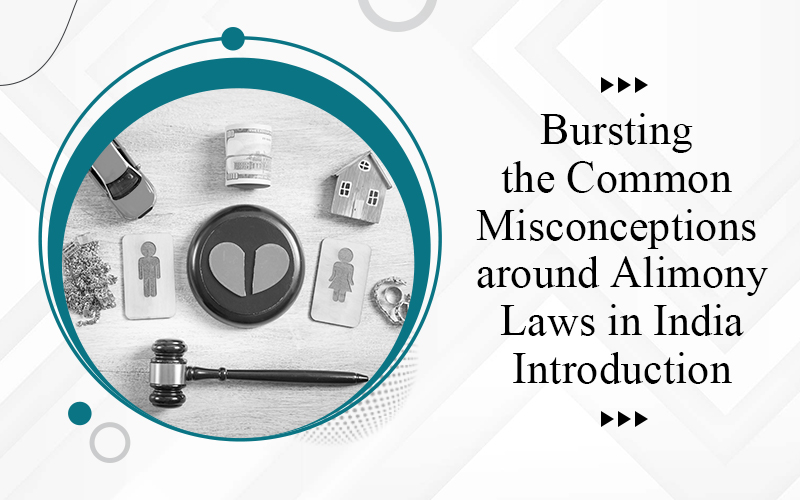The Narcotic Drugs and Psychotropic Substances Act, 1985 (NDPS Act), is India’s principal legislation to combat drug trafficking and drug abuse. It lays down strict provisions for the control and regulation of operations relating to narcotic drugs and psychotropic substances. Contrary to common misconceptions, even possession of a small quantity of banned substances can attract stringent legal consequences, including long jail terms, under this law.
Strict Liability and the NDPS Framework
The NDPS Act follows a zero-tolerance approach. It criminalizes not only the manufacture, sale, and trafficking of banned substances but also possession—irrespective of whether the person intended to consume, sell, or simply store the drugs. The Act classifies drugs into narcotic drugs (like heroin, opium, cannabis) and psychotropic substances (like MDMA, LSD, etc.), and also categorizes offences based on the quantity seized:
- Small quantity: defined by the government depending on the drug (e.g., 5 grams of heroin, 100 mg of LSD).
- Commercial quantity: a significantly larger threshold (e.g., 250 grams of heroin, 50 grams of cocaine).
- Intermediate quantity: between small and commercial.
Despite the categorization, possession of even a “small quantity” is punishable. Section 21 of the NDPS Act states that possession of small quantity for personal use can still lead to up to one year of imprisonment, or a fine of up to ₹10,000, or both. However, the punishment becomes much more severe if intent to sell or distribute is proven—even if the amount is small.
No Presumption of Innocence
One of the most stringent features of the NDPS Act is the reverse burden of proof. Under Section 54, once possession is established, the burden shifts to the accused to prove that they were not in conscious possession or that the possession was lawful. This goes against the general principle of criminal law where the burden is on the prosecution to prove guilt beyond reasonable doubt. As a result, a person found with a small amount of banned drug can find it extremely difficult to secure bail or acquittal.
Additionally, mere recovery from a person’s clothing, bag, or premises is considered “conscious possession” unless proven otherwise. Courts have upheld convictions where drugs were found in rented flats, vehicles, or even held on behalf of a friend.
Bail is Not a Right
The NDPS Act makes obtaining bail extremely difficult. For all offences involving intermediate and commercial quantities, the courts must be satisfied that there are “reasonable grounds” to believe that the accused is not guilty and is unlikely to commit any further offence. This strict bail provision applies even to small quantity cases if the circumstances suggest that the person is part of a larger network.
Even for students or first-time users caught with recreational amounts, courts have held that the offence is serious and impacts public health and safety. Several youth have languished in jail for months or years while trials continue, even for minimal drug possession.
Judicial Outlook: Reform v. Punishment
While the law is harsh, the judiciary has occasionally called for a more reformative approach in cases involving addicts or first-time offenders. Section 64A of the NDPS Act allows immunity from prosecution if the addict voluntarily seeks de-addiction treatment. However, the implementation of this provision is limited and depends on the discretion of the authorities and court.
In a few recent cases, courts have emphasized the need to differentiate between users and traffickers and advocated treatment over imprisonment. However, until the law is amended, the harsh framework remains in place.
Conclusion
Possession of banned drugs, even in minuscule amounts, is not taken lightly under Indian law. The NDPS Act’s stringent provisions, including harsh sentencing, denial of bail, and the reversal of the burden of proof, make it one of the most severe anti-drug laws globally. Youth and others must understand that even casual or recreational possession can have life-altering legal consequences. Awareness, prevention, and policy reform are essential to ensure justice while effectively combating drug abuse.




